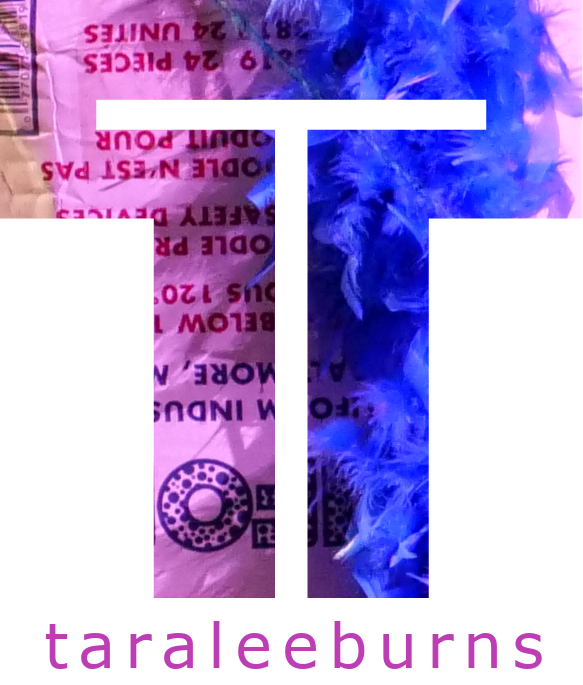
Susan Kozel spoke in ACCAD’s Motion Lab at OSU last week and she packed her hour presentation with current works. “Performing Encryption” which involved converting and encrypting movement into data, then creating movement to encrypt and decrypt the encryption. She also spoke about her project “Living Archives” which works with archiving movement and performing memory. This project lead her to working with Margret Sara Gudjonsdottir who is a choreographer who works primarily in states. Gudjonsdottir and Kozel and another collaborator, Jeannette Ginslov, are working on a project called Conspiracy Archives, involving archiving Gudjonsdottir’s choreography of somatic resonance and states. When glancing, it seems almost as if they are doing nothing or only moving very slowly, but they have spent hours to arrive in these particular states. They are not necessarily an emotion, but they could involve them I believe. So, basically I’m not sure what exactly they are, but it is very interesting to me. Moving slowly in these states creates certain affects between audience and performer and even between the performer an their surroundings, “if you allow it,” Kozel says. Susan Kozel is a phenomenologist that is most recently interested in the phenomenology of affect.
These words of affect and phenomenology were thrown around a lot in this presentation and I feel like they are such ephemeral words for me right now. One minute I completely understand the words and why they are being used and the next minute I’ve lost it. How can you study something that is happening right now? How can you think about doing the thing if your too busy thinking about doing it? Perhaps you can only study the thing if you are on the outside? Max Van Manen writes, “Phenomenology is the philosophical name for the method of investigating or inquiring into the meanings of our experiences as we live them.” I’m still a little confused about what is actually being investigated. It also seems that if your investigating it in the moment, by the time you investigate the moment it has past and so you are not actually living in it but you are investigating the past experience. This is the part that confuses me. The aspect of time.
Manen also lead me to this great video, “16: Moments” directed by William Hoffman. I’ve seen it before but in this context I believe Manen is alluding that any of these moments could be investigated phenomenologically: https://www.youtube.com/watch?v=jNVPalNZD_I
When looking into affect I found “Emerging Perspectives on Judgement and Decision Research” to have a great first sentence to Chapter 10, which basically says, no one knows. But it was written in 2008, so perhaps phenomenologists know a little more 10 years later.
“Although researchers in the field of emotion have not yet agreed on a precise definition of affect, we use a specific definition throughout this chapter. We see affect as “goodness” or “badness” (1) experienced as a feeling state (with or without consciousness) and (2) demarcating a positive or negative quality of a specific stimulus.”
“We distinguish affect from emotion, which generally refers to particular states (such as anger, fear, or happiness) that are “intense, short-lived, and usually have a definite cause and clear cognitive content” (Schneider, 328). We also distinguish affect from mood, which generally refers to a feeling (such as having the blues) that is low in intensity, can last for a few minutes or several weeks, has no object or has fleeting objects, and does not have to have a specific antecedent cause or cognitive content.”
“Unlike emotion, we view affect as having the capacity to be subtle and to be without elaborate appraisal properties; unlike mood, we view affect as having a direct (rather than indirect) motivational effect. Similar to mood and emotion, however, affect can vary along both valence (positive, negative) and arousal (high, low) dimensions. ” (Schneider, 328)
For their purposes, Schneider and Shanteau are most interested in the “potentially subtle feelings triggered by the object of judgement or choice and not on the influence of specific emotions or background mood state on the judgement or choice. (Schneider, 328)
Again, I still feel like affect is either so specific a thing it is hard to define or is so simple an idea I’m making it out to be something bigger than it is. But if the latter is true, I can’t see people writing chapters about it.
That is where I am right now. As Christina Providence, my current pilates/gestalt guru would say, “Be where you are.”
Update: Norah the amazing also wrote about Susan Kozel here!
References: <– practicing my Chicago Manual of Style!
Schneider, Sandra L. and James Shanteau. 2003. Emerging Perspectives on Judgement and Decision Research. United Kingdom: Cambridge University Press.
Manen, Max Van. “What is phenomenology”. Online Powerpoint, http://www.maxvanmanen.com/files/2014/03/What-is-phenomenology.pdf
